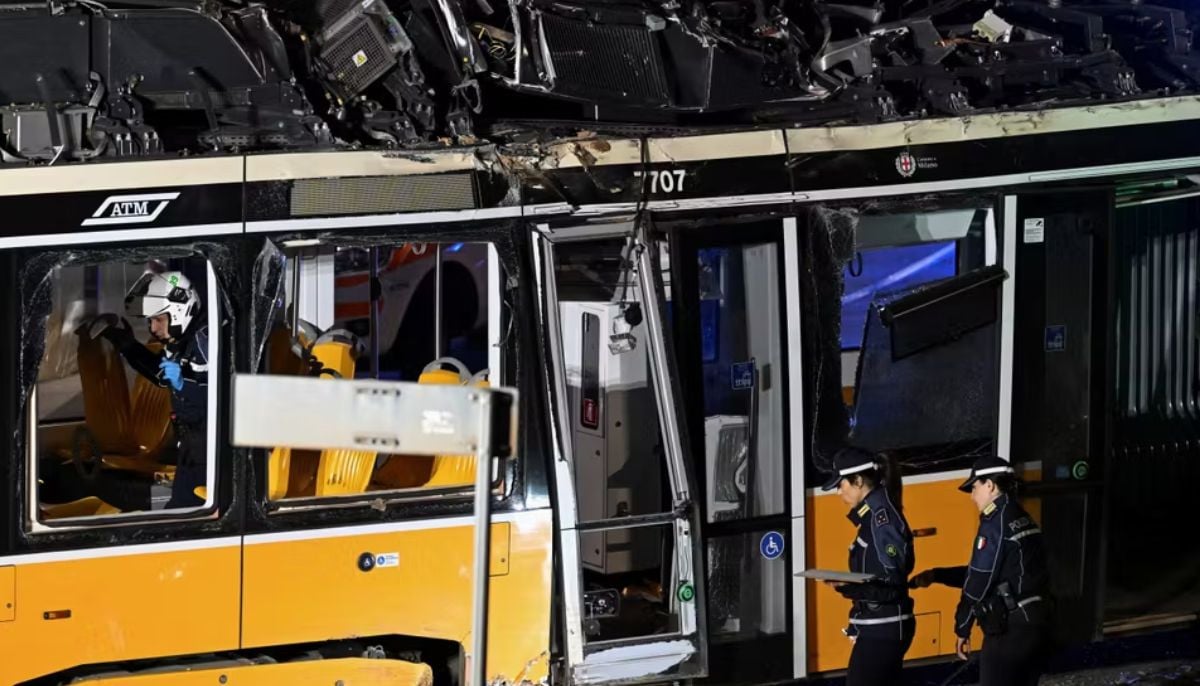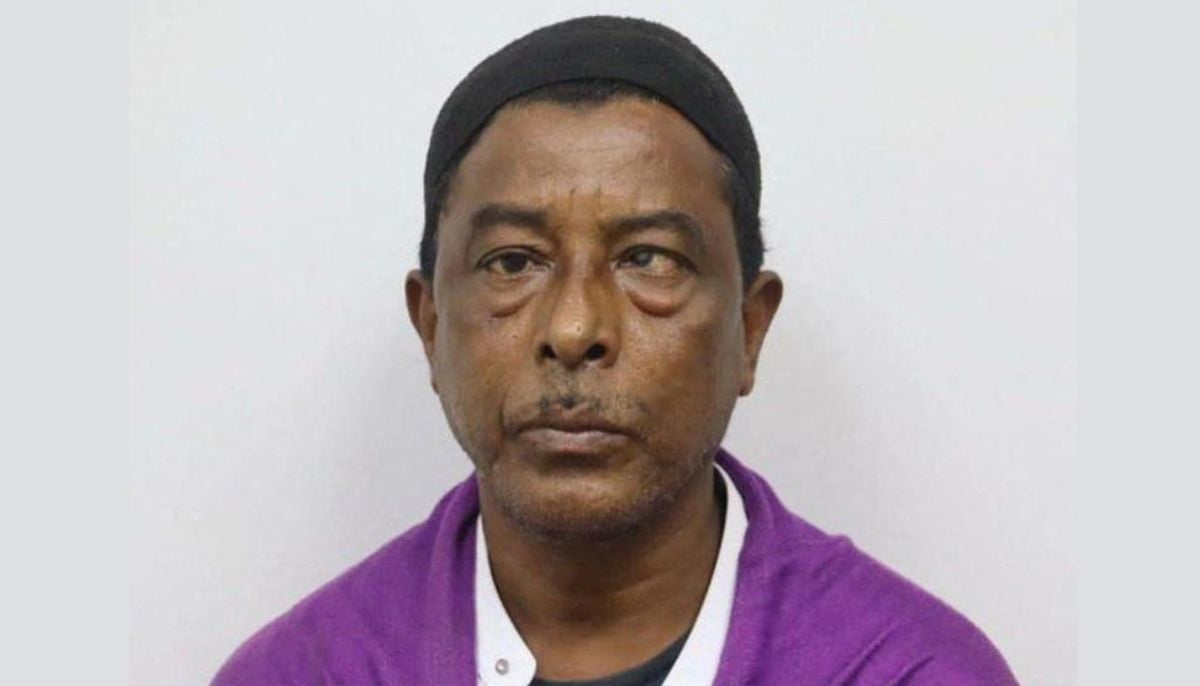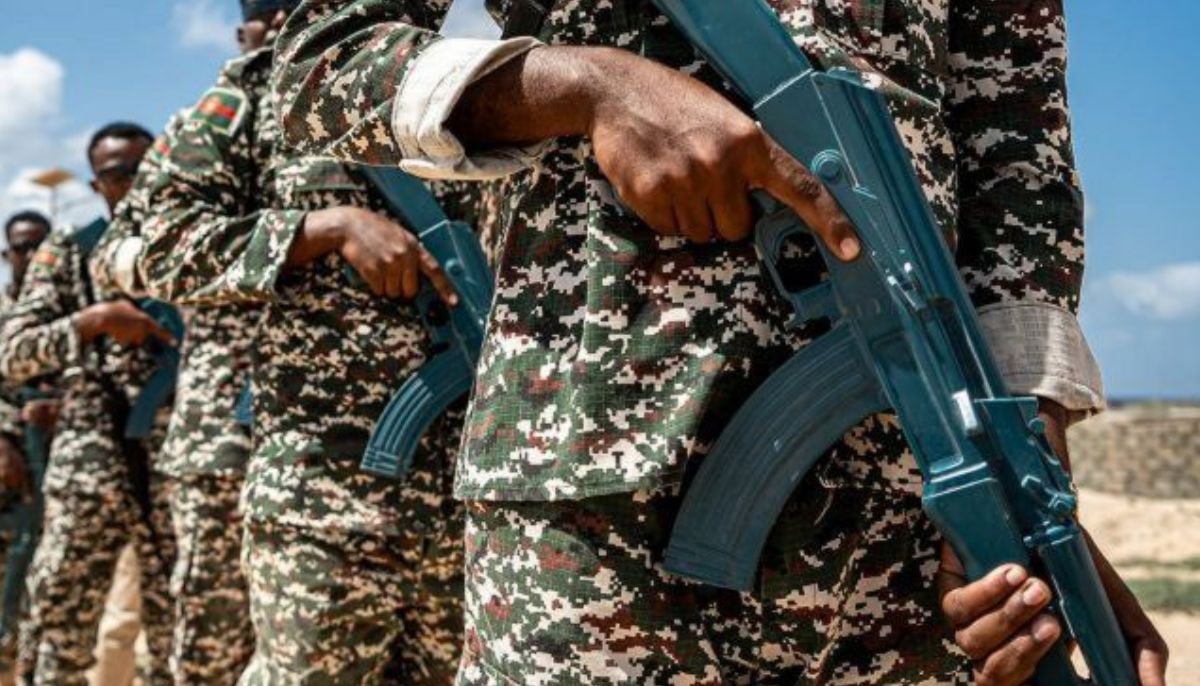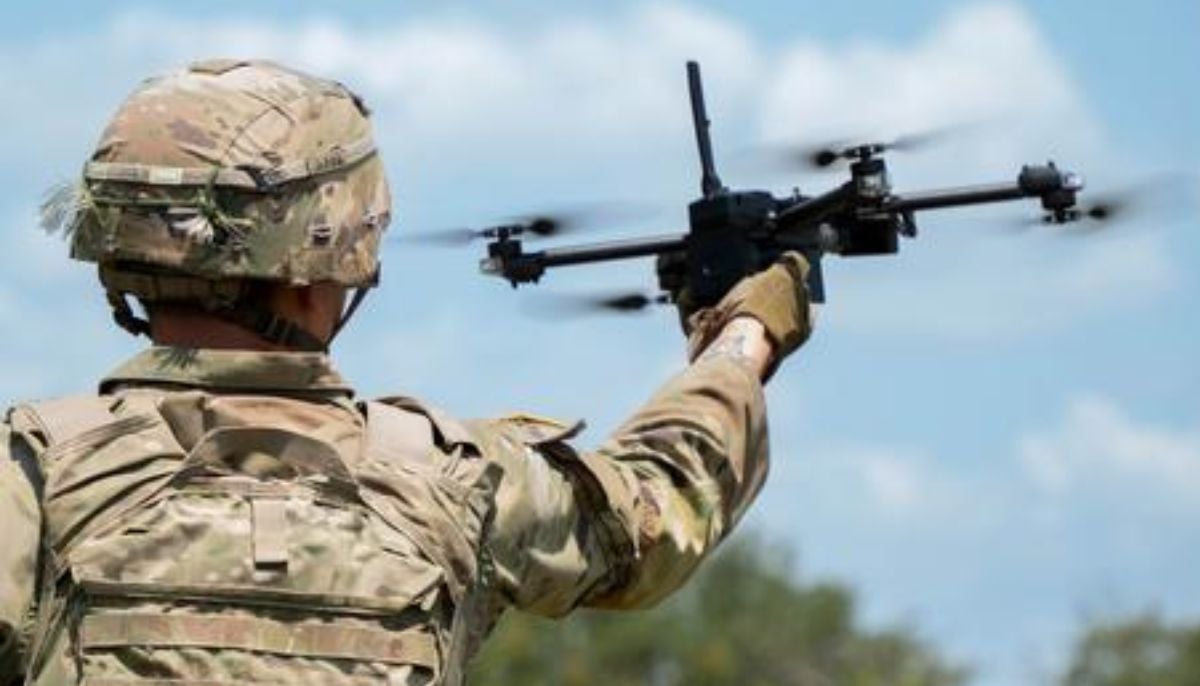Meet Bangladesh's army chief, General Waker-Uz-Zaman
General Waker-Uz-Zaman announced PM Sheikh Hasina's resignation on Monday after she fled Bangladesh
Bangladesh's army chief, General Waker-Uz-Zaman, emerged in headlines across the globe on Monday as he announced the resignation of Prime Minister Sheikh Hasina after she fled the country.
This came amidst ongoing protests and violence sparked by student groups calling for the removal of a controversial quota system in government jobs.
The initial demand escalated into a movement to oust Hasina, 76, who has been in power for 15 years and was re-elected for a fourth consecutive term in January, Reuters reported.
The unrest has tagically resulted in the deaths of nearly 250 people.
Zaman, 58, assumed the duties of army chief on June 23 for a period of three years — the normal tenure for the position.
Born in Dhaka in 1966, he is married to Sarahnaz Kamalika Zaman, the daughter of General Muhammad Mustafizur Rahman, who was army chief from 1997 to 2000.
Zaman holds a Masters degree in Defence Studies from the National University of Bangladesh and a Master of Arts in Defence Studies from King's College, London, according to the Bangladesh Army website.
Prior to becoming the army chief, he served as the Chief of General Staff for little over six months — a role in which he oversaw, among other things, military operations and intelligence, Bangladesh's role in UN peacekeeping operations, and budget.
In a career spanning three-and-a-half decades, he has also worked closely with Hasina, serving as the principal staff officer at the Armed Forces Division under the Prime Minister's Office.
Zaman has also been associated with the modernisation of the army, the army website said.
As protests rocked the country once again this month, Zaman called upon army personnel to ensure security of people's lives, properties, and important state installations.
-
Ryan Gosling releases witty 'Project Hail Mary' ad with sweet reference to Eva Mendes
-
Lux Pascal gushes over role in Tom Ford's 'Cry to Heaven': 'I just wanted to be part of this picture'
-
Near-blind refugee found dead in Buffalo after release by US Border Patrol
-
Kenyan man accused of recruiting men to fight in Ukraine
-
More Americans say they sympathise with Palestinians than Israelis, poll finds
-
Retired US fighter pilot arrested over alleged training of Chinese military
-
US military accidentally shoots down border protection drone with high-energy laser near Mexico border
-
Savannah Guthrie all set to make 'bravest move of all'












